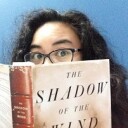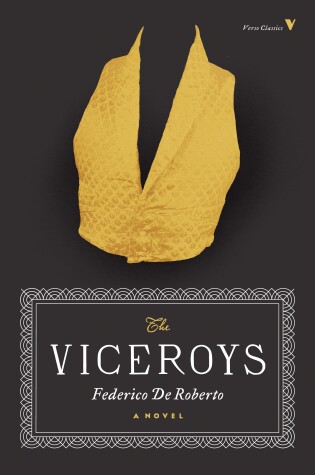
Lianne
Written on Nov 28, 2015
The scope of this novel was pretty all-encompassing, set in a period of Italian history undergoing a lot of socio-political changes, namely the drive for unification. Despite of Sicily’s physical detachment from the mainland, they are still very much affected by the politics going on there, especially as the Church remains a unifying factor across the country. But while there are these massive changes happening, it does cause friction with the way of life of the aristocracy and social norms and practices. de Roberto brings all these problems to light through his focus on the family of the Uzeda princes, whether it be the role of the male children in society or the women’s role merely to give birth to children and secure the family line (I thought the latter was especially well done in the story of Teresa in Book III).
As intense and all-encompassing as this novel is, as a reading experience it is dense. There is a lot of exposition explaining situations and events and many of the characters’ internal operations as well as indicating the passage of time. The novel also just sort of throws the reader into the story and this sprawling family; because this is an eARC there was no family tree included so it took me a very long time to get the hang of which character was from which generation, not to mention other families and other external characters in regular contact with this family. Thus it made for a dense read, and on a personal note I did find my attention wandering at times.
Nonetheless I’m glad to have read The Viceroys and I’m glad it’s being re-released and reintroduced to the reading public. It definitely sheds a lot of light into 19th century Sicily and all of the changes it was undergoing but it’s also quite a family saga (could I argue the equivalent of a soap opera? With all the hot tempers running through this novel, I’m surprised the family endured to the end of the book). It’s a classic worth checking out if you’re a reader of classic literature or are interested in reading some Italian literature.
